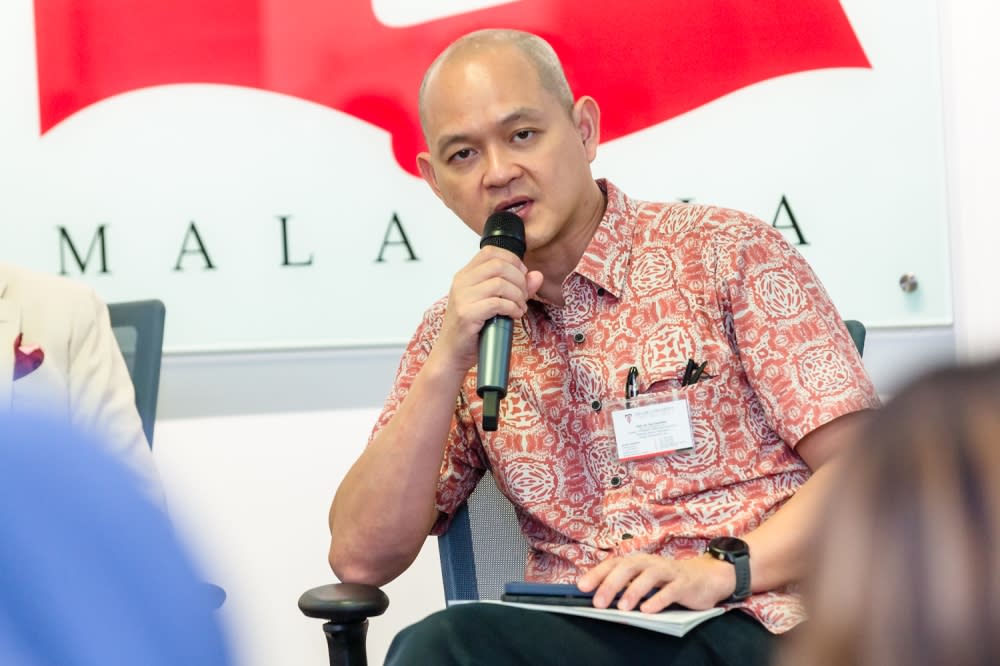Ong Kian Ming: Malaysia needs coordinated strategy to attract investments from China

KUALA LUMPUR, May 31 — Former Bangi MP Ong Kian Ming today said that Malaysia should take advantage of the diplomatic ties with China by focusing on a comprehensive and coordinated strategy to attract high-quality investments from the country.
He said these investments can integrate with the domestic supply chain and could benefit some Malaysian companies.
“For example, China recently launched its third 'Big Fund' to support its semiconductor industry worth US$47.5 billion (RM223.4 billion).
“Some of these investments can benefit Malaysian companies that have capabilities in IC design, advanced packaging, and specialty chemicals, either through participation in the research and development (R&D) and technology transfer channel in China or via Chinese companies investing in Malaysia via joint venture (JV) arrangements,” he said in a statement.
Ong also pointed out that new areas of high-end manufacturing such as wind turbine manufacturing are worth exploring due to our logistical connectivity and capabilities in electronics.
“Another area which Miti and Mida are already exploring is working with Chinese players in the Electric Vehicle (EV) ecosystem and supply chain including the supply of battery and electronic components,” he said.
While Miti and Mida can play the coordinating role, Ong pointed out that other ministries and agencies must also work together to align their objectives with such investments and technologies to realise the strategic goals.
Ong also said Malaysia needs strategic engagements to unlock capital flows from Chinese investors in our capital markets and through Private Equity and Venture Capital funds based in China.
“Many of these investors, where they were allowed to invest abroad, would have been mostly focused in the larger and more developed markets in the United States, Europe, and Japan.
“But because of geo-political tensions and because of the growing importance of Southeast Asia for foreign direct investments, R&D and innovation, these investors are starting to look at Asean markets, including Malaysia,” he said.
Ong also said Malaysia must offer different value propositions to these investors to allow them to diversify their portfolios in the technology, finance, commodities, manufacturing, telco, and real estate sectors.
“This would require constant and high-level engagements between our financial regulators such as Bank Negara and the Securities Commission, our stock exchange namely Bursa Malaysia, and also our policymakers at the Ministry of Finance,” he said.
Ong added these initiatives would likely open up the conversation for Chinese funds to invest in Malaysian equities and bonds and later deploy capital in the venture capital and private equity space.
Ong also added that Malaysia should have a comprehensive strategy such as the Malaysia My Second Home programme to attract and manage the Chinese population who want to have longer-term engagements in Malaysia.
“This needs to be managed carefully as there will be irresponsible segments of society that will politicise such moves aimed specifically at individuals from China,” he added.



